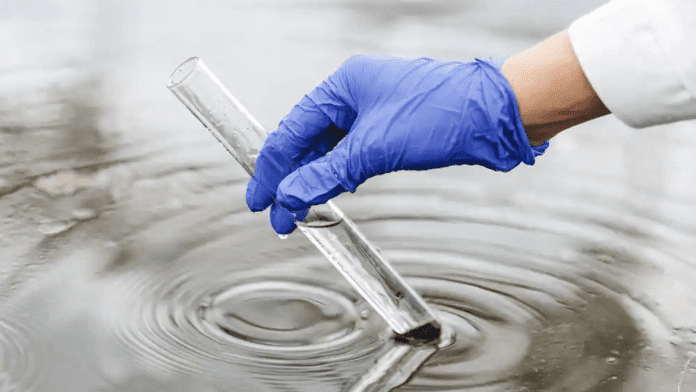News in Brief:
European water bodies face alarming PFAS contamination, threatening health and agriculture, as calls for ban to protect public health and farming increases.
In a recent report by the European Pesticide Action Network (PAN Europe), alarming levels of PFAS, a persistent man-made chemical, have been detected in Europe’s water sources. This discovery is not just a European concern but a global one, especially for farmers worldwide.
What is PFAS and is it dangerous?
PFAS (or per- and polyfluoroalkyl substances) are synthetic chemicals found in everyday items like cosmetics, non-stick pans, and fire extinguishers. What makes them concerning are their durability; they can persist in the environment for centuries. This durability means they can accumulate in water, air, fish, and soil, posing potential risks to human health.
One specific PFAS chemical, trifluoroacetic acid (TFA), is the focus of PAN Europe’s report and it was found in all water samples tested across ten European Union countries. TFA’s high solubility in water and mobility make it a potent groundwater contaminant, unstoppable by natural filters and remain in groundwater for centuries.
79% of samples that the organisation tested surpassed the proposed EU Drinking Water Directive limit for total PFAS, with some showing concentrations up to 3,300 nanograms per liter.
The European environmental agency (EEA) says that PFAS can cause a range of diseases like liver damage, thyroid disease, obesity, fertility issues and cancer.
Health and agriculture implications
Despite mounting evidence of environmental and health hazards, TFA has been considered ‘non-relevant’ under EU pesticide regulations, a decision criticized by PAN Europe due to its unresolved toxicological profile. A recent study linking TFA exposure to birth defects in rabbits underscores the urgency of reevaluating its risk.
Farmers worldwide should take note of this issue as PFAS contamination can affect agricultural water sources, potentially impacting crops and livestock. Furthermore, the long-term effects of PFAS exposure on human health, especially for those consuming contaminated agricultural products or drinking water, remain a significant concern
Addressing this issue requires urgent action and PAN Europe calls for a rapid ban on PFAS pesticides and a re-assessment of the threat posed by individual chemicals like TFA. This not only demands regulatory interventions but also underscores the need for global cooperation to mitigate the risks of PFAS contamination in our water supplies.



